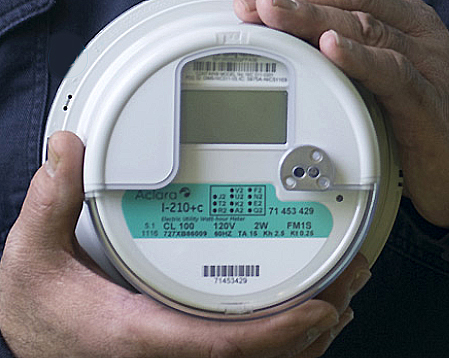Con Ed’s ‘smart meters’ will empower information flow, billing in NYC
But $1.3 capital costs may raise rates, and opting out will cost

The era of the human meter reader is coming to an end.
Con Edison has begun installing smart meters in homes and businesses throughout Brooklyn. Smart meters are digital meters that automatically communicate with Con Edison through a wireless communication network. The meters provide more detailed information about a customer’s power usage, allow customers to connect to this information online and set up high bill alerts, and automatically alert the company if the power shuts down.
The meters will help customers manage their costs, and will be able to interface with solar energy equipment, according to Con Ed. The devices read residential electric meter every 15 minutes, and business customers every five minutes.

Brooklyn Boro
View MoreNew York City’s most populous borough, Brooklyn, is home to nearly 2.6 million residents. If Brooklyn were an independent city it would be the fourth largest city in the United States. While Brooklyn has become the epitome of ‘cool and hip’ in recent years, for those that were born here, raised families here and improved communities over the years, Brooklyn has never been ‘uncool’.